In his talk on the economics of providing new treatments and medicines, Prof Barry argued for the mandatory collection of health outcome data following reimbursement of high-cost drugs.
He said State deals with pharma should involve ongoing provision of data on the impact of high-cost medicines and the State should get its money back if the drug is “not working”.
Much greater use of biosimilars, a prescribing incentive scheme for general practice and review of the long-term illness (LTI) scheme are also required, with Prof Barry being of the view that the latter scheme should be scrapped in its current form.
He said the LTI scheme was “inequitable” in terms of the medical conditions included and excluded, and noted as an example that “you could be the wealthiest diabetic in the country and you get your diabetic medicines free… ”
Prof Barry’s presentation outlined that the State was reimbursing numerous drugs far in excess of the cost-effectiveness threshold utilised by the NCPE and yet this should only happen in exceptional circumstances.
In 2016, total drugs spend was over €2 billon, increasing by 4.6 per cent on 2015.
Prof Barry said the high-tech drug scheme accounted for less than 1 per cent of items dispensed but outlay in 2016 was around one-third of the total drugs expenditure.
He said it was “right and proper” to talk about medicines and money because of the ‘opportunity cost’.
“If we spend money on medicines — millions and millions on medicines — it may not be available for our cath lab in Waterford, for correcting scoliosis in our children, looking after our elderly people at home. We’d be far better off investing some of the millions of euros we put into drugs to looking after our elderly patients — your relatives and our elderly patients — I feel strongly about that. Disabilities and mental health — yes, that is where we need to put our money, not into drugs or all drugs.”
<img src=”../attachments/4e8f56e4-ccb5-48f7-b5e0-048ae4bdbcf0.JPG” alt=”” />
<strong>Prof Michael Barry, NCPE</strong>
The NCPE, which conducts the health technology assessments (HTAs) of pharmaceutical products for the HSE, is seeing more and more high-cost medicines. The highest-cost medicine in the country is Soliris, made by Alexion. It is indicated for paroxysmal nocturnal haemoglobinuria and atypical haemolytic uremic syndrome (aHUS) and costs €582,000 per patient per year for aHUS.
“That is what we are dealing with on a regular basis now. We are now in the middle of assessment for a drug that will cost about €1 million per patient per year… ”
When the NCPE conducts HTAs, the onus is on the industry to make their case, said Prof Barry.
“It is up to the industry to prove that its product is value for money and that we should be using taxpayers’ money to pay for it… it is their challenge.”
The Centre examines the added value for the increased cost as compared to the standard of care. The quality-adjusted life year (QALY) threshold used in the HTA process is €45,000
“So if you are below that, in other words, if you are getting good value for money, we will be saying yes, we will be recommending it… Essentially, what we know now is that if it’s above €45,000 per QALY, when we spend on that drug, someone is going to lose out.”
Prof Barry discussed the impact of media reporting and political pressure surrounding recommendations on drug reimbursements.
Among the drugs discussed by Prof Barry was Kalydeco (ivacaftor) and Orkambi (lumacaftor — ivacaftor). He noted that “we await” peer-reviewed scientific data to demonstrate the impact of these drugs on CF morbidity and mortality.
On Orkambi, at the time of assessment it was €159,050 per patient and the budget impact was €391 million over five years. It was €369,141 per QALY. “… This is why we should do cost-effectiveness analyses on drugs for rare diseases, because it shows us what price we should be getting, and in fairness to the HSE, for a lot of other drugs they use this information to ‘hard bargain’ with the company in relation to drugs, and that’s what they did on Orkambi. They didn’t get it to where we wanted, but they reduced it by about half… ”
Prof Barry referred to a “very interesting clause” in the IPHA agreement, stating that where the HSE cannot fund a drug from within existing resources, it may inform the Department of Health, which may bring a memorandum to Government in relation to the funding implications.
He expressed concern at a proposed amendment to legislation that assessment for value for money for very high-cost drugs for rare diseases (orphan medicines) was “not relevant”.
“Why were we able to reduce the price of Orkambi by nearly 50 per cent — that is in the media… the reason we were was because we were doing economic evaluation, because we were able to front-up to them.”
Prof Barry said he was “reliably informed” that the pharmaceutical industry was in Dáil Éireann “every single day”.

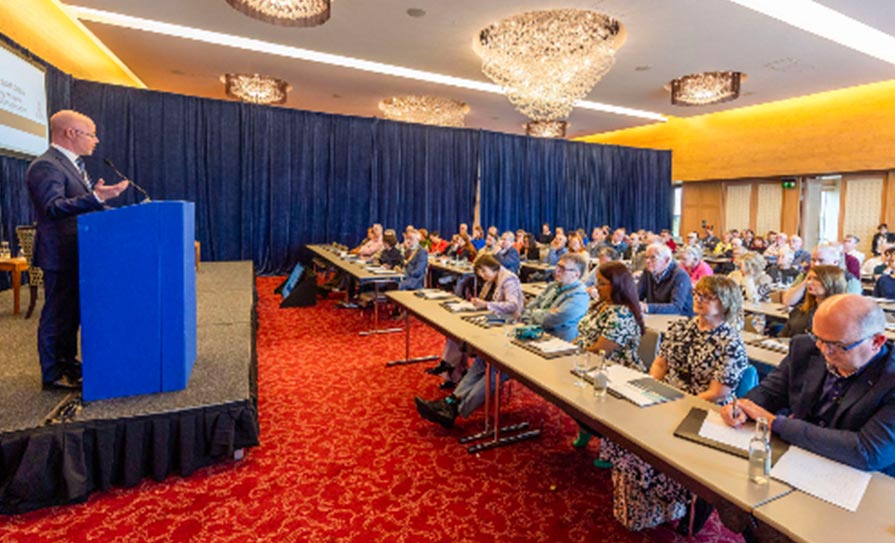

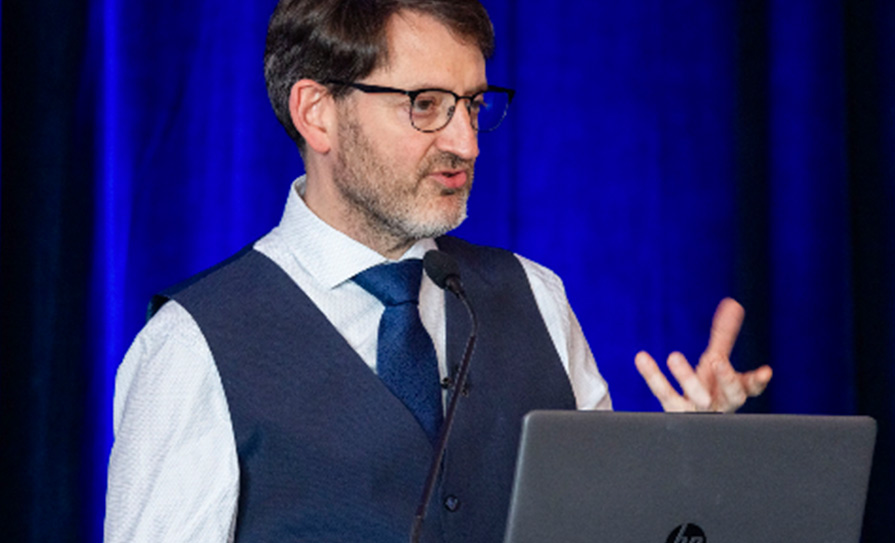
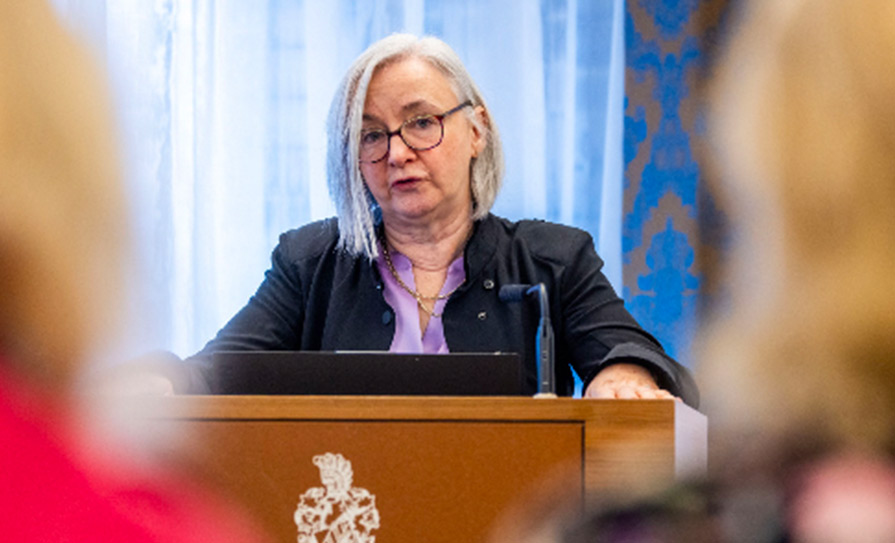
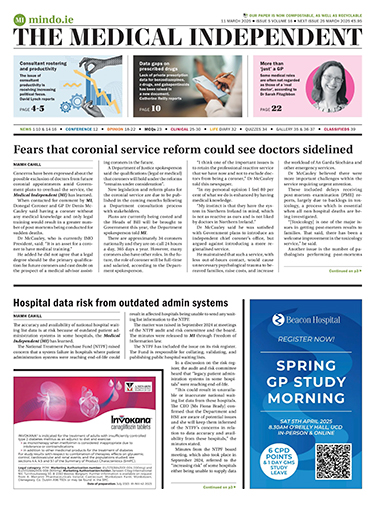
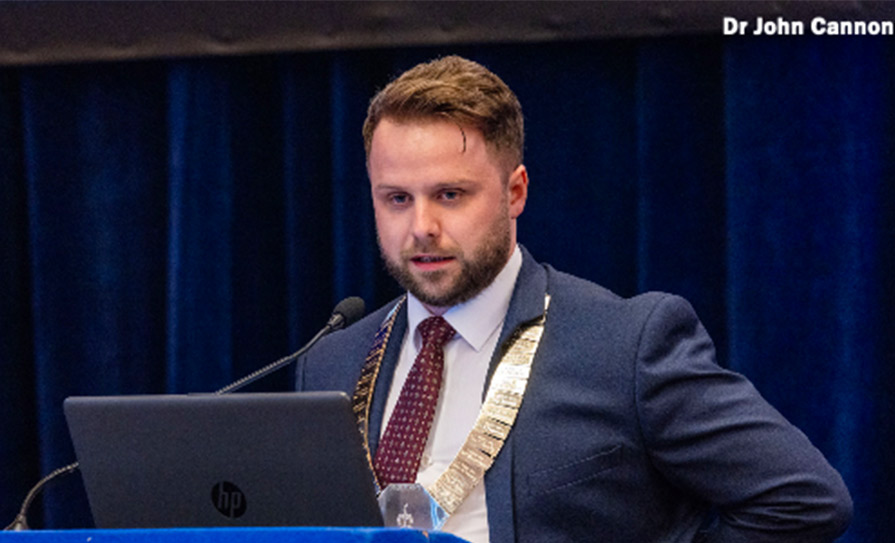





Leave a Reply
You must be logged in to post a comment.